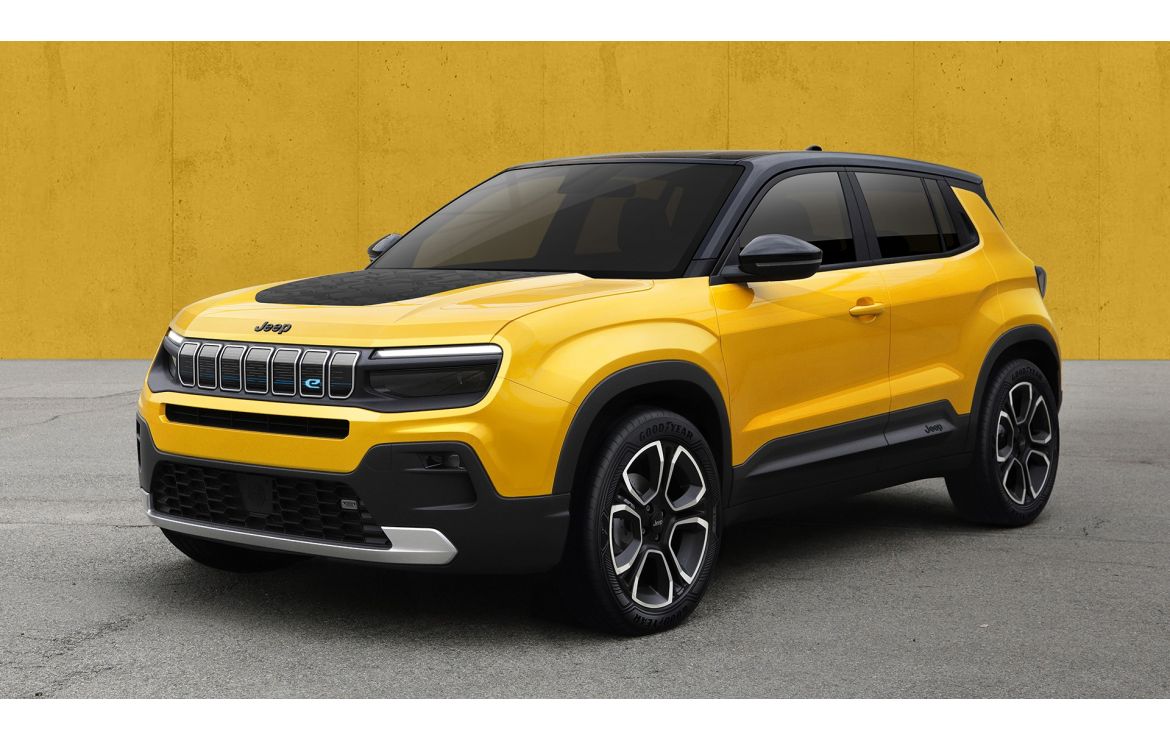SUVs, with their unique capabilities and reliability, are becoming increasingly popular among car enthusiasts who want to explore the far corners of the world or simply overcome challenging road conditions.
However, choosing the perfect SUV to lease or buy can be difficult, given the variety of models and options. In this article, we'll look at nine key tips to help you choose the SUV that suits your needs and preferences.
1. Determine your needs and goals
Before you start looking for an SUV, it is important to clearly define what goals and objectives you have for this vehicle. If you plan to frequently travel off-road or haul cargo, you may need an SUV with off-road capabilities and a heavy payload capacity. On the other hand, if you need a car for everyday city driving with the occasional adventure into the countryside, a smaller model with good maneuverability and good fuel economy will be a more suitable option.
2. Research the market and compare models
After determining your needs, begin researching the SUV market. There are many makes and models available, so it is important to conduct a thorough comparison of specs, features, and prices. Pay attention to parameters such as the type of drive (all-wheel drive, front or rear), ground clearance (ride height), engine power, luggage compartment volume, and comfort level. Choose several options that best suit your needs.
3. Take a test drive
Be sure to test drive several of your chosen models before making your final decision. A test drive will allow you to evaluate the vehicle's handling, noise, and vibration levels, seat comfort, and engine and transmission performance. Try using your SUV in a variety of conditions - on city streets, highways, and off-road - to make sure it meets your expectations and requirements.
4. Pay attention to reliability and service
When choosing an SUV, it is important to consider its reliability and maintenance costs. Research owner reviews, reliability ratings, and repair rates for the models you choose. Also, pay attention to warranty conditions and availability of spare parts. Service center reliability and availability will help avoid unexpected problems and reduce maintenance costs.
5. Consider financial aspects
Don't forget to consider financial aspects when choosing an SUV. In addition to the cost of purchasing a car, also consider the costs of fuel, insurance, taxes, and maintenance. Determine your budget in advance and choose an SUV that fits your financial capabilities on a long-term basis.
6. Assess your security level
When choosing an SUV, be sure to pay attention to its safety level. Research crash test ratings and safety ratings from reputable organizations. Also, pay attention to the availability of modern safety systems, such as emergency braking assistance (ABS), stability control (ESP), airbags, and rearview cameras. A high level of safety will help protect you and your passengers in the event of an accident or emergency.
7. Consider environmental aspects
With growing interest in environmental sustainability and lower emissions, pay attention to the environmental credentials of the SUV you choose. Research its CO2 emissions, fuel consumption, and the possibility of using alternative energy sources such as hybrid or electric engines. Choosing an eco-friendly SUV will help you reduce your environmental impact and contribute to conservation.
8. Consider size and parking options
When choosing an SUV, pay attention to its dimensions and maneuverability, especially if you plan to use it in urban environments. Please note that some SUVs may be larger and heavier than regular passenger cars, which may make parking and driving on narrow streets difficult. Choose a model with the appropriate size and maneuverability to ensure comfort for daily use.
9. Check for additional options and accessories
When choosing an SUV, pay attention to the availability of additional options and accessories that can improve its functionality and comfort of use. These may include elements such as a navigation system, leather seats, a panoramic sunroof, a 360-degree camera, and additional off-road lighting. Find an SUV with options that suit your preferences and needs to make your journey even more comfortable and convenient.
The bottom line
Choosing the perfect SUV is a process that requires careful analysis and thoughtful decisions. By following the tips above and taking into account your individual needs, you can find a vehicle that will provide you with reliability, off-road performance, and comfort for your adventures on and off the road.






Comments